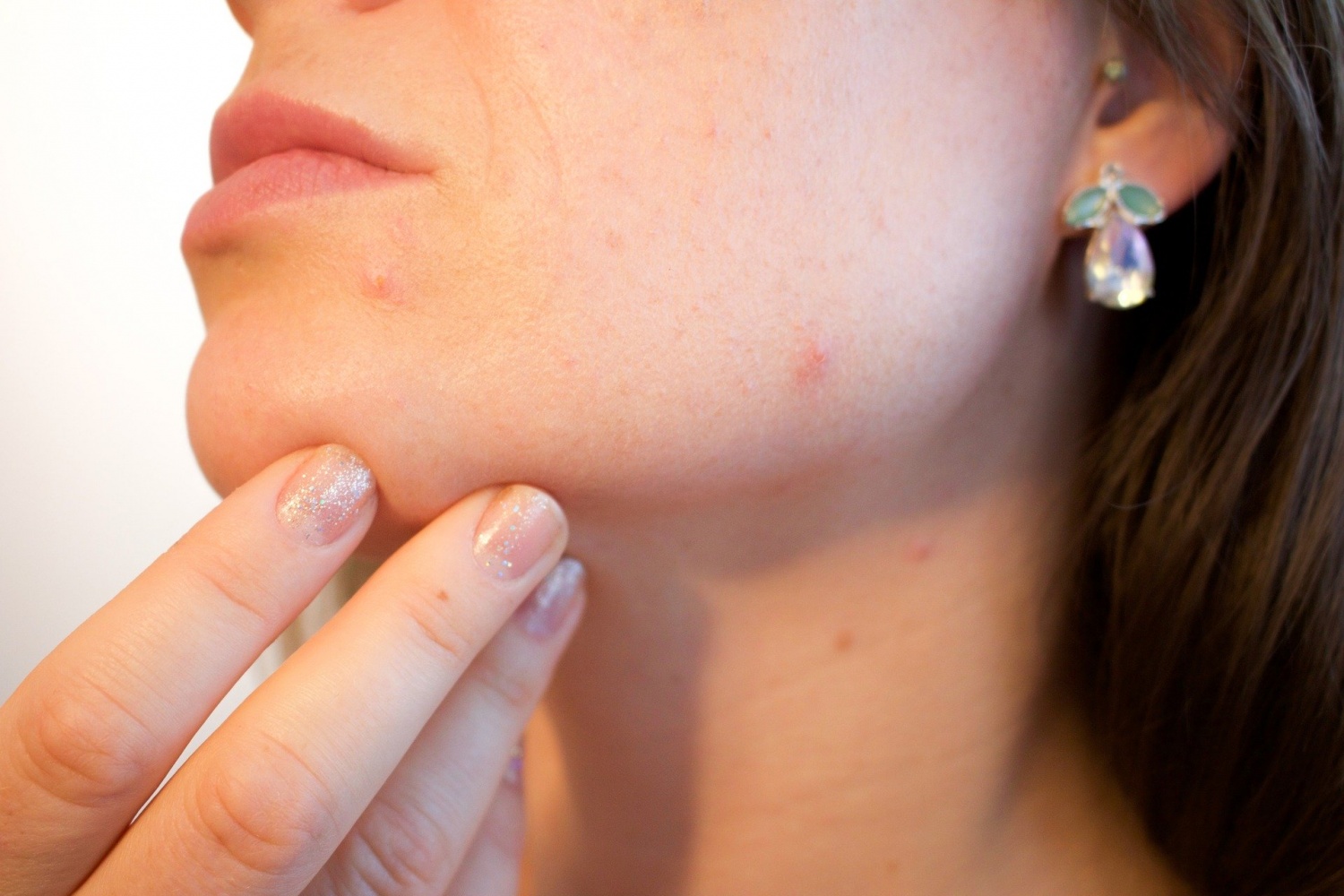Mental Health
Of Breakouts and Anxiety - How Mental Health Affects Skin Conditions

(Photo : pixabay)
Increasingly, we are beginning to understand just how deeply intertwined mental health is with every aspect of our lives - including our physical health. From obesity to heart disease, mental health issues like anxiety and depression can aggravate a wide range of physiological problems.
Acne has also joined this list, according to acneresearch.org.
With up to 50 million people affected annually, acne is the most common skin condition in the United States. Between the ages of 12 and 24, as much as 85% suffer from it.
It's no secret that the body's response to stress includes painful breakouts. Many a college student suffering through finals season, or young professional prepping for an important presentation at work, bemoans this fact.
But the connection between mental health and acne is far more profound. A medical review found that a full third of dermatology patients required psychiatric consultation to help manage their skin conditions.
Where does this connection come from? What are the links? And which strategies can you employ to improve both your mental health, and your skin?
Nerves and Skin - The Original Connection
A central reason why mental health is so closely linked to our skin lies in human development.
In our mature bodies, signaling molecules exchange information between the nervous system and the skin. This connection, known as the 'brain-skin axis', has deep biological roots.
"The skin and brain have a common embryological origin," Mohammad Jafferany, a Michigan-based dermatologist and psychiatrist, explains in an interview with Nature. "This connection is from the very early stages of life."
As a human embryo grows, its cells slowly differentiate into different systems. Notably, the human skin, nerves, and immune system all develop from the same cell layer.
Later on, they retain an intimate connection.
How Mental Health Issues Aggravate Acne
There are two main ways in which mental health affects acne.
First, anxiety and depression can trigger an inflammatory response. Shifting hormone levels can throw the immune system into overdrive. As a result, the skin barrier weakens, allowing in more irritants that can cause or aggravate acne.
Research has shown that such an inflammatory response slows healing, meaning that zits will not just start sprouting at record rates, but vanish more slowly, and thus stay visible for longer.
The second major connection between mental health issues and worsening skin conditions are behavioral changes.
"Depressed people might neglect their skincare, not keeping up with hygiene or using topicals they need to for acne, eczema, or psoriasis," Josie Howard, MD, explains in an interview with Healthline. As a psychiatrist with a long experience in treating patients with skin conditions, she observes these links in many of her patients. "Anxious people might do too much - picking and using too many products."
A Vicious Circle - Body Image and Mental Health
Howard also points out another complex link between skin conditions and mental health: Altered self-perception and a deteriorating body image.
"When you're anxious or depressed," Howard says, "your interpretation of your skin can change drastically. All of a sudden that zit becomes a very big deal, which may lead to not going out to work or social events, and the avoidance of social activities can make anxiety and depression much worse."
Altogether, inflammatory response, altered behavior, and negative self-perception triggered by mental health issues can cause or aggravate skin conditions, forming a vicious circle.
The critical question is: How can you break out of this seemingly inevitable process?
The Path to Better Mental Health and Clearer Skin
In recent years, an entire field of medical research trying to shed light on the link between skin conditions and mental health has emerged - psychodermatology.
Research findings have been encouraging, showing that it's possible to treat both skin and mental health conditions with a holistic approach. Such a therapy approach includes both dermatological and mental health treatments.
Medication is often a cornerstone. It can directly target the skin condition, the inflammatory response, or the underlying mental health issues.
Self-care and relaxation techniques are a good basis for improving mental health and self-perception, and consequently the acne they are linked to. Various self-soothing methods can reduce the picking and tweezing that aggravates acne in anxious people.
Cognitive behavioral therapy (CBT) is effective in treating skin conditions related to mental health. One study found that patients who received both CBT and standard medication experienced significantly higher symptom relief than those on medication alone.
However, you don't always need psychotherapy to improve your skin. The British Association of Dermatologists has found that in less severe cases, practicing mindfulness and daily meditation can be an invaluable help in improving self-perception and skin conditions.
It's important to be aware that skin, nerves, and the immune system are inextricably linked in our bodies. As a result, measures from meditation and CBT to medication don't just help clear your skin, but can generally improve your health and well-being.
* This is a contributed article and this content does not necessarily represent the views of counselheal.com









Join the Conversation